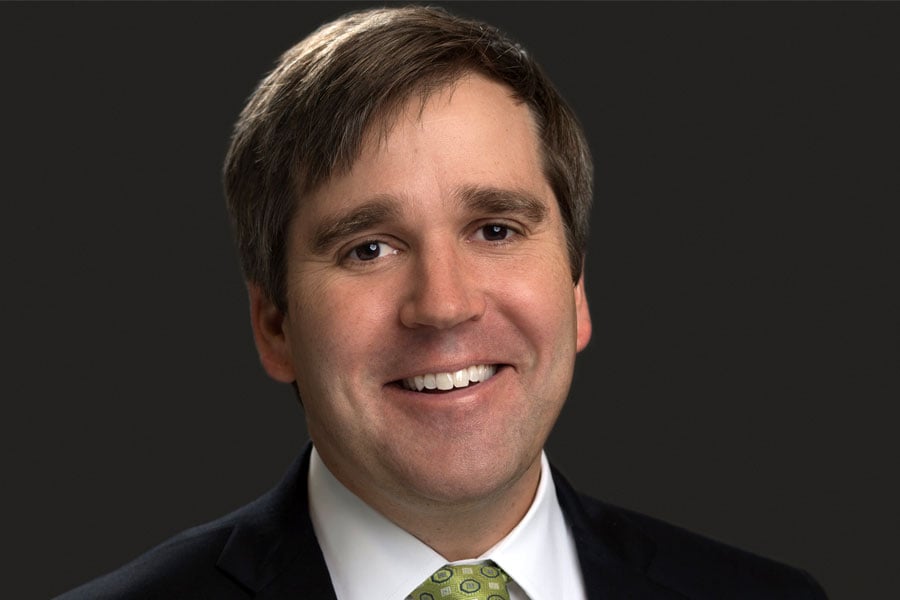When the founders of
AGW Capital Advisors launching a financial advisory firm in April 2009, in the wake of the
financial crisis and at the stock market's low point, they decided to embrace the elephant in the room.
"When people lose money, they start asking questions, so we saw an opportunity to set a new standard," said P.J. Gardner, a partner at the Tampa, Fla.-based registered investment adviser.
"The financial services industry left a lot to be desired 10 years ago when we started this firm, and we're trying to set a new standard," Mr. Gardner said. "We operate with constructive paranoia, so we're constantly trying to improve our value proposition."
In addition to catchy marketing phrases, AGW launched with a focus on going as deep into the
fiduciary corner as it could, and making that fact known to clients and prospective clients along the way.
"A lot of firms are dually registered, and we wanted to eliminate that confusion, so we are fee-only and we have an annual audit that verifies that," Mr. Gardner said. "We also subject the practice to an independent third-party audit by the Center for Fiduciary Excellence."
The audits, which Mr. Gardner estimates cost the firm about $15,000 per year, are AGW's way of walking the talk of putting clients' interests first. They're also part of a larger campaign to promote financial education among consumers.
"There's no question fiduciary is a confusing concept," Mr. Gardner said. "Just like with Reg BI, the name best interest sounds so simple, but it will take a thousand pages to describe what that is. We joke with clients that we're a fiduciary operating in their best interest without all the footnotes."
At a time of
increased focus on fiduciary duty, the $2.2 billion advisory firm is making all the right moves by branding itself as a place where clients' interests come first, said April Rudin, president of financial services marketing firm The Rudin Group.
"It's a great idea and good fresh thinking to not only come up with a differentiator that is a clear value proposition, but something that is really important to the client relationship," she said. "Some advisers will come up with a differentiator that doesn't add value."
While Ms. Rudin admits being a strict fiduciary with added layers of due diligence might not immediately resonate with all clients, she said it moves in the right direction of being "100% benefitting clients."
"It's a distinction with a difference," she said. "An example of something that doesn't work is spending money to remodel your office, which might look nice, but has no benefit to the client."
Mr. Gardner, who has been a financial adviser for more than 20 years, said his strategy for drawing attention to his firm's fiduciary status starts with educating consumers and prospective clients about the importance of being a fiduciary.
"The topic of fiduciary duty comes up with every prospective client," he said.
Tina Powell, chief executive of C-Suite Social Media, is not completely sold on the idea of leveraging fiduciary status because it's not yet a mainstream concept with consumers.
"Marketing around the concept of fiduciary is table stakes and not an effective lead-generation mechanism," she said. "For years, firms have tried to differentiate their practices on the basis of being a fiduciary. The problem is that the general population has a lack of knowledge of what that term fiduciary even means, and some assume fiduciary standard is a given among any financial professional calling herself or himself a financial adviser."
It's a valid point, but one that gets chipped away at daily, most recently with Wednesday's news that the Securities and Exchange Commission approved a new advice rule for brokers and advisers.
"Smart money is becoming more and more savvy on the nuances of the financial services industry," said Vance Barse, wealth strategist at Manning Wealth Management. "This includes knowing the difference between a modern-day fiduciary and the classic broker."
"While hiring an outside auditor isn't required from a fiduciary standpoint, doing so demonstrates to current and potential clients that a firm takes itself very seriously," Mr. Barse added. "Madoff, Rothstein, Stanford and others are still front of mind for many investors, so I think it's great when firms go the extra mile to demonstrate value that is separate and distinct from the dollar-sign-related decisions they are making on behalf of their clients."
Tip sheet:
1. Become fee only. To the degree you've got any other revenue streams, get down to one source of revenue.
2. Firms should get independent verification that they are acting in clients' best interest.
3. Educate clients and potential clients about what it means to be a fiduciary.







